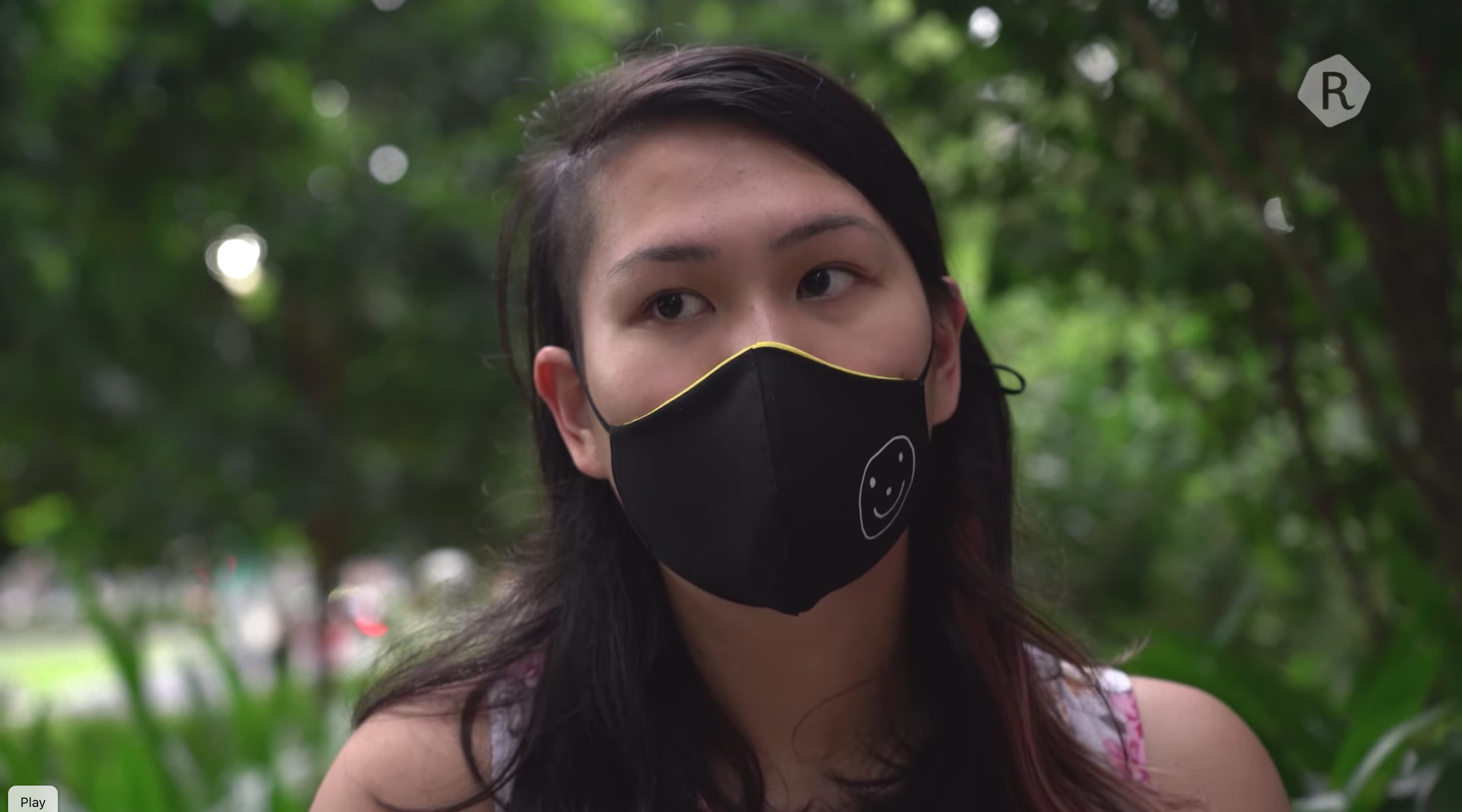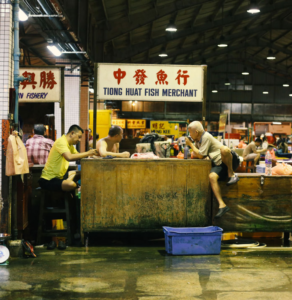Speaking in parliament on Monday, Education Minister Lawrence Wong said that schools can be flexible in making arrangements for students with gender dysphoria, and that “our main focus is continuing to provide them with a conducive learning environment and to support their overall well-being.”
He also added that “issues of gender identity have become bitterly contested sources of division in the culture wars in some Western countries and societies,” and that “we should not import these culture wars into Singapore, or allow issues of gender identity to divide our society.”
This is the first time the issue has been addressed in parliament since a trans student, identified as Ashlee, claimed that MOE had interfered with her hormone replacement therapy on Reddit. She also said her school threatened to expel her over it as well. Following this, 5 individuals protested outside the MOE building last week.
In parliament, Wong addressed and validated the challenging experiences of students with gender dysphoria, which is a step towards opening conversations on the matter. But by claiming that Western gender issues could potentially divide our society, attention was directed towards vague forces rather than on placing accountability on key players in Ashlee’s story.
Everything About The Debate Is Singaporean
Let’s look at the claims made and the parties involved in the Ashlee vs. MOE debacle: A Singaporean trans student alleges that a Singaporean government institution (MOE) interferes with her medical treatment for gender dysphoria, which was diagnosed by IMH, another public Singaporean institution, while her local Singaporean school threatens to expel her over it.
Every party involved is either a Singaporean or a Singaporean institution. From Ashlee’s lived experience in her school as a trans student, to the bodies involved in granting her transition, it is difficult to pinpoint any ‘culture war,’ let alone western influence at play. Don’t forget, Singapore legally recognises trans individuals, and they are allowed to change the sex on their IC after hormone treatment and/or surgery.
Ashlee’s grievances were rooted in trying to maneuver the often hostile path to accessing medical treatment for gender dysphoria as a student. For example, she claimed that before commencing hormone therapy, her psychiatrist was told by MOE that they needed to be consulted before treatment could proceed, and that to date, no approval letter had come.
She also said that her school called for a meeting with her father, where she was told she would be expelled if any physiological changes from hormone therapy would result in her being unable to wear the boys uniform.
Ashlee’s case is about medical and education policy in Singapore. Trying to blame or pinpoint western forces or ideologies is a distraction, as it does little to help us unpack why the gap in guidelines came to be, and how it can be rectified.
The foreign interference in question only makes us look away from the immediate concern at hand—which is that Singaporeans with gender dysphoria, a recognised medical condition, need added structural support to be implemented.
If anything, comments about a culture war may only spark one where it doesn’t exist.
Why are we still talking about Ashlee’s story?
The reason why students protested outside MOE last week and why netizens continue to discuss Ashlee’s story is because no definite conclusion has come of her case, not because of an ideological debate.
If you look at discourse online and even the comments under her most recent post on Reddit, netizens don’t seem to be so concerned with whether being trans or undergoing hormone therapy is right or wrong, but rather, with picking apart the claims made on both sides.
No official investigation has been launched, and while MOE refutes the students’ claims, the public has been given no definitive answer about how the situation was handled. One voice that remains surprisingly silent in this time is that of Ashlee’s doctor, who could instantly help clarify the matter and put an end to online speculation.
So far, over 300 teachers, social workers and counsellors have signed a petition calling on MOE to implement clear policy supporting the livelihoods of trans students in schools, because what this case has illuminated is a structural shortcoming—not one of culture wars, nor one of society.







